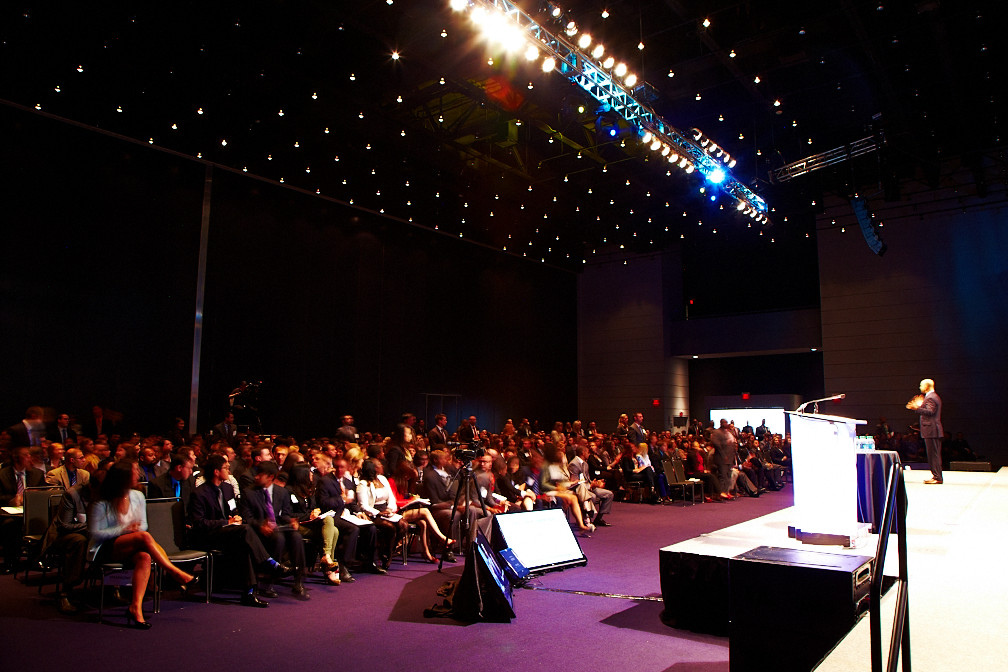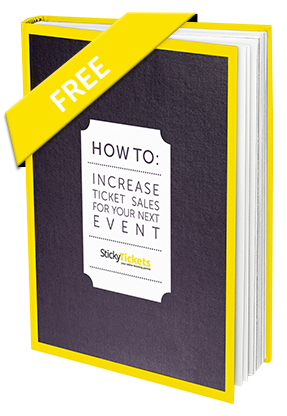Planning a Successful Conference

Planning a successful conference can be quite daunting, but it is important to spend the time getting it right. A well run conference leads to increased productivity and better results, whereas a poorly run conference is a reflection on you, your organisation and leads to frustrated attendees who learn little. Following are some tips on making your conference a success- best of luck!
WHY: Brainstorm why you are holding the conference- is it to generate revenue, get publicity? Working this out clearly in your mind will help you keep a focus when planning the conference.
THE IDEAL: If you could run your ideal conference, what would it be like? Write down the details if you could run it any way you like…
BUDGET: Work our your budget, and how you will pay for your event. Look into any resources you can have donated, or use for free, and therefore what you will need to charge to cover costs and possibly make a profit. Create a spreadsheet listing the major costs on your wish list, such as location hire, staff, speakers, food, signs, printing etc. Don’t forget there will be costs associated with marketing, such as a website, and always remember to add in extra case costs run over, which they usually do!
BE PRACTICAL: Chances are you will not be able to do everything that you included on your ‘ideal’ conference- cost will be a factor in choosing where to hold your conference, and what to provide. Attendance will be also… choose a location where most of your attendees will come from. You also need to be practical when choosing a speaker. If their name is enough to create large ticket sales, then you can invest- otherwise you may not be able to go top of the line. Rather than going for the super-duper resort for the venue, be practical and ensure there are enough meeting rooms, and they can cater for your needs. Consider feedback from previous events to also help you understand what is important to attendees. You will need to strike a balance between what attendees want, what you are able to charge, and what you can actually afford.
WORK WITH SUPPLIERS: Work with the service providers in your budget early. Make sure you review and understand contracts and cancellation policies, as well as what is included in what they provide (such as Audio Visual etc).
FIND A SPEAKER: If you ask around in your circles, you may be able to find a speaker who will achieve and understand your goals and objectives. Review footage of them beforehand and when communicating with the speaker, provide enough details to allow them to customise their message. Remember you will need to cover travel costs.
SET THE AGENDA: Draft a detailed timeline for the conference that begins early, and covers everything. Remember to allow enough time to set up, and to schedule a mix of formal speakers, group workshops, and networking time. Plan to have refreshments every few hours and consider hosting a nearby dinner after the day is complete.
MARKETING YOUR CONFERENCE: You will need to ensure you have a logo and colour scheme for your event. Ensure you set up an event page on Sticky Ticketsh and provide as much information as possible for attendees. Gather the troops to spread the word by email and guest posts in online media targeted to your audience. Consider early bird pricing to encourage early ticket sales, and discounts for purchases of multiple tickets.
THE BIG DAY: Communicate well in advance of the day so that people know what to expect. Have on hand their contact information and make sure they have yours. Ensure everything is done beforehand, leaving nothing to the last minute.
EVALUATE: Learn what will help you next time do it better. Get an evaluation form on either paper or electronically, to find out what you did well during the event, an what you can improve on next time.



